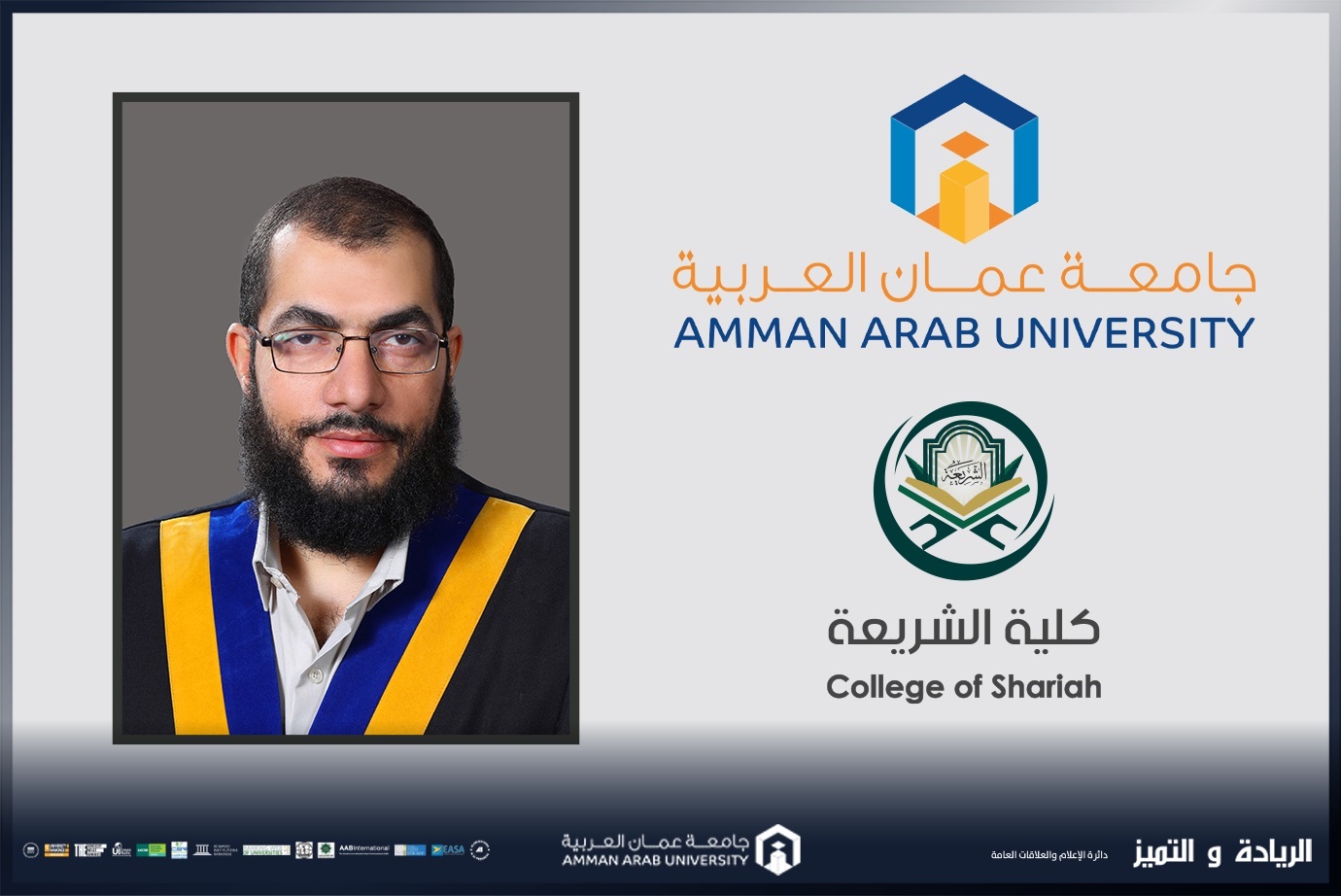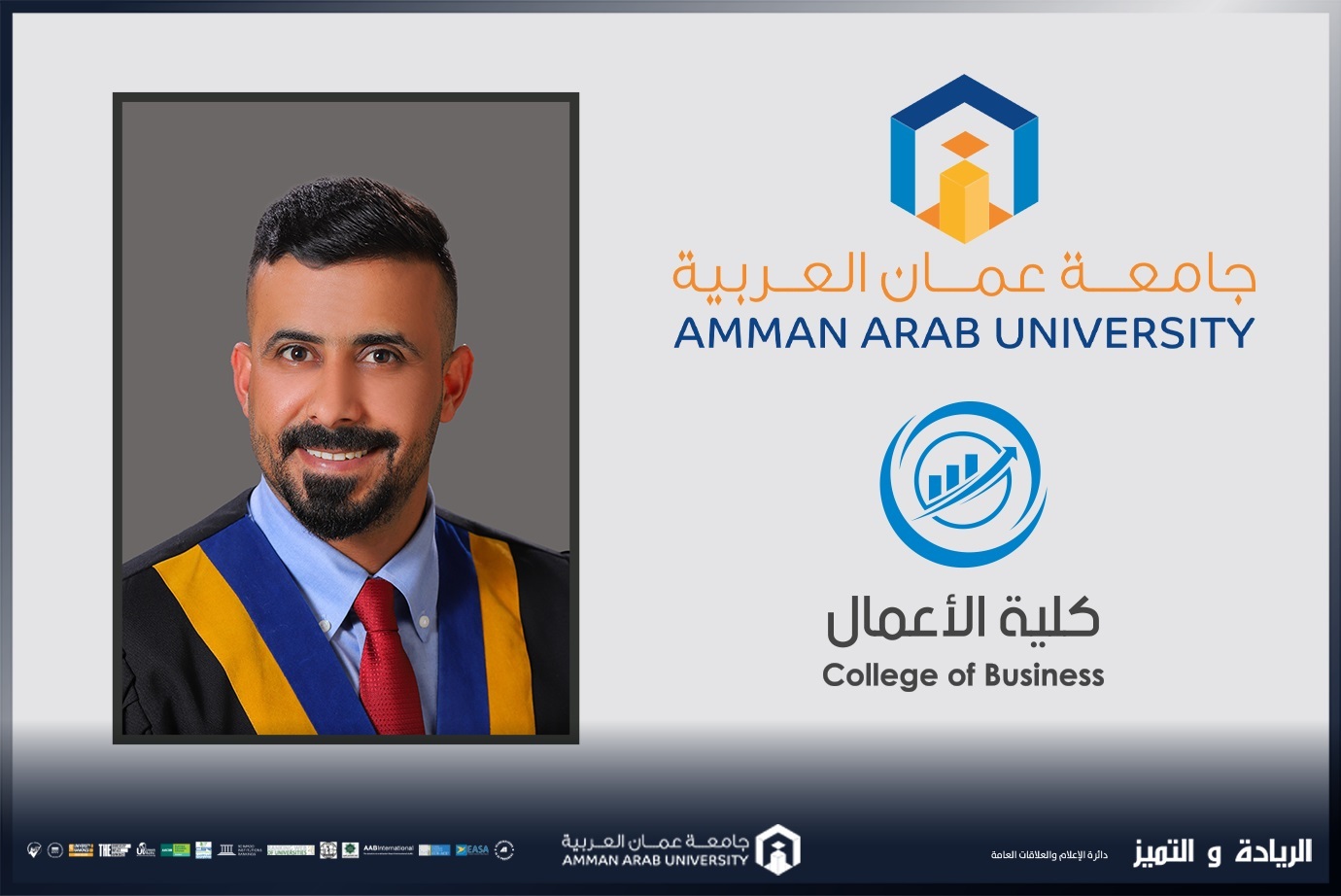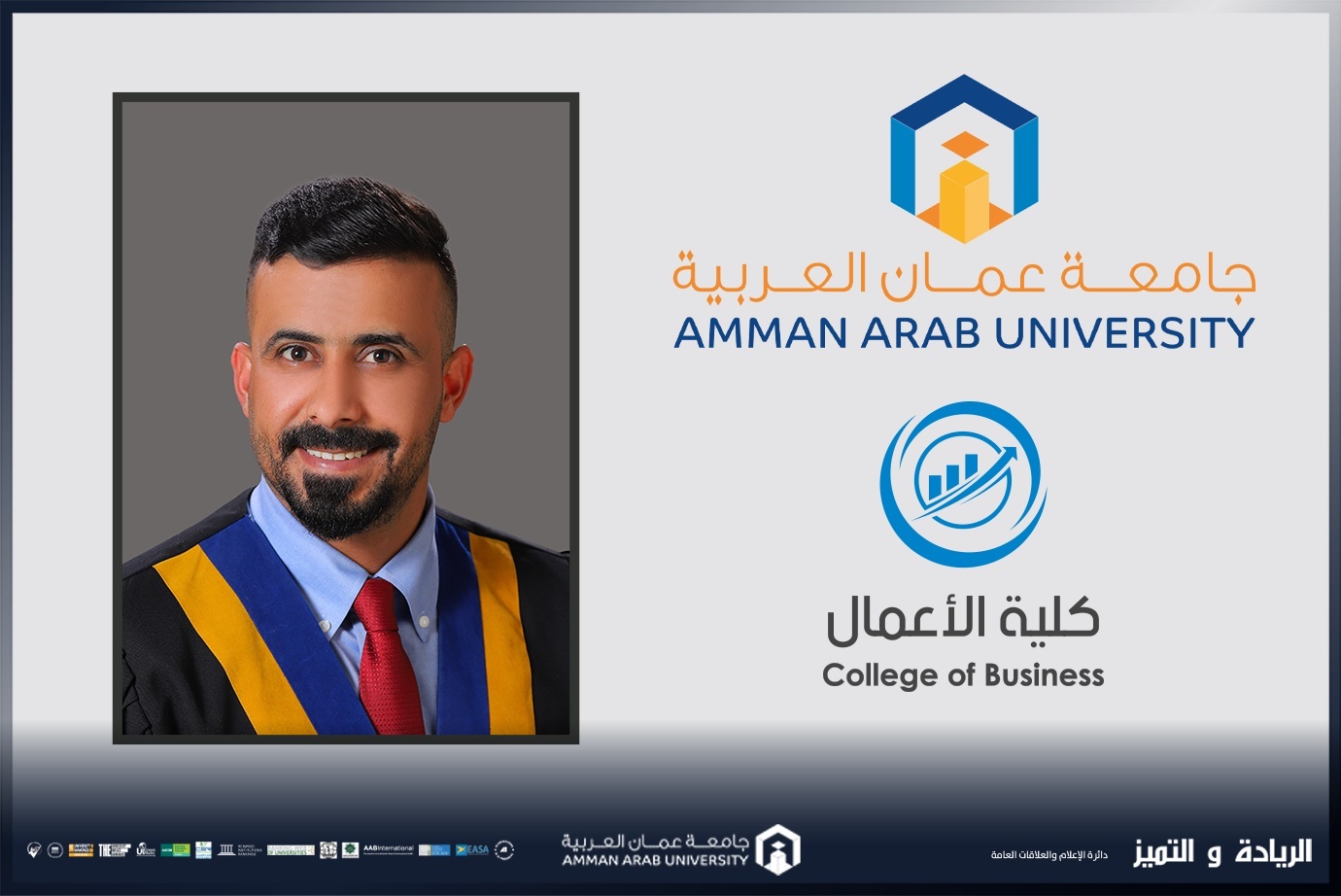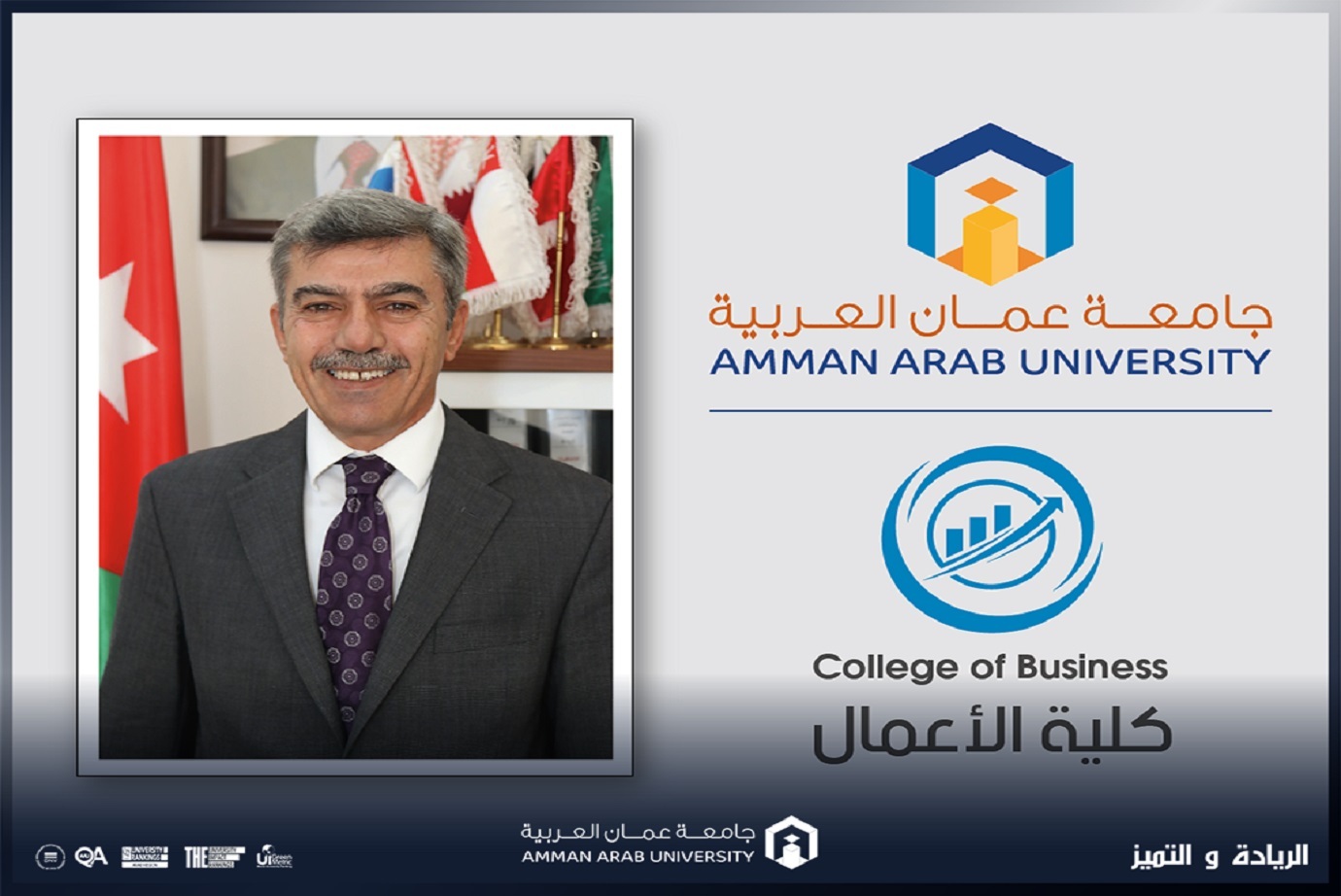
Universities and the Academic Freedom
By: Prof. Dr. Younes Megdadi,
We all hear the term academic freedom and it is written in the strategic plans of universities as an end and goal that universities seek to translate in the educational process. Academic values and ethics, respect for others, their opinions and attitudes, etc., with the aim of improving the educational, cognitive, cultural and intellectual process for students to ensure learning and educational outcomes based on the skills of philosophical thinking to enrich their knowledge and intellectual stock in a solid manner.
We are all aware that the development of the educational process depends on liberating teaching methods and methods by heading towards innovative and creative thinking, constructive criticism and intellectual renewal to change the students’ ways of thinking so that their knowledge and intellectual stock becomes filled with research and analysis skills and linking to science developments and challenges and the circumstances of surrounding life and its data and in various academic disciplines to help them re-engineer they have subjective and cognitive thinking patterns to adapt to the conditions and requirements of life and career alike.
To confirm the validity of this statement and to scrutinize the academic classification criteria, we would find that academic freedom is one of the academic requirements that universities are required to work with, and it should not be ignored as it is an integral part of the universities’ identity and outputs based on teaching methods and methods based on inquiry, citation, intellectual dialogue of ideas and facts, and constructive and aiming criticism. In the end, to build the mind and ways of thinking among students in a way that simulates reality with its circumstances and challenges to enable them to integrate with their thoughts and opinions as producers of vast knowledge and to give them the real opportunity to adapt to the challenges of the times with conscious thought, through which we guarantee generations capable of building the future.
The necessity of adopting academic freedom in word and deed in our universities has become an urgent need to improve the educational process and its outputs to constitute a wide shift in the intellectual, knowledge and civilization system of its graduates, which requires university administrations and leaders to activate it on a large scale while taking care to dissolve traditional and stereotypical methods, which still often dominate the process education and dealing with science and its developments, which formed a well-established culture to a large extent, including typical teaching methods, traditional teaching methods, the limited scope of knowledge offered in the classroom, the limited scope of academic intellectual dialogue, and the absence of constructive criticism, not to mention some resorting to lack of knowledge of the courses with a number of a few papers or presentation slides, and thin references, etc., which in their entirety weakened the content of the educational process and the quality of learning and teaching outcomes, and this indicates that the strategic academic thought of academic leaders in universities may require a pause and review based on the basis of their typical selection and development programs as the real key concerned in developing Educational process.
Interested and followers believe that the importance of academic freedom has become an urgent necessity if we believe in its importance and goals, which requires universities to review their vision, strategic plans and academic leaders to touch their new responsibilities to remain incubators of sober cognitive thought based on the concept of academic freedom aimed at creating minds that produce knowledge and not consume it, and beacons for creativity. And innovation is in line with the aspirations of His Majesty King Abdullah II, the great son of Al-Hussein, and his trustworthy Crown Prince, may God protect and preserve them.






